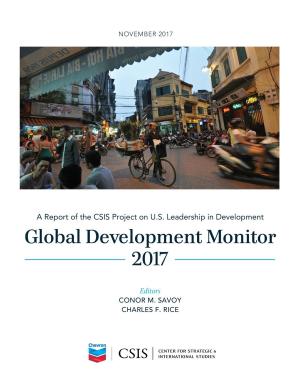Human Capital and the Future of the Gulf
Nonfiction, Social & Cultural Studies, Political Science, International, International Security| Author: | Carolyn Barnett | ISBN: | 9781442259058 |
| Publisher: | Center for Strategic & International Studies | Publication: | November 16, 2015 |
| Imprint: | Center for Strategic & International Studies | Language: | English |
| Author: | Carolyn Barnett |
| ISBN: | 9781442259058 |
| Publisher: | Center for Strategic & International Studies |
| Publication: | November 16, 2015 |
| Imprint: | Center for Strategic & International Studies |
| Language: | English |
Extensive efforts to develop human capital are under way in the United Arab Emirates, Saudi Arabia, and elsewhere in the Gulf, and they are increasingly setting expectations for how people ought to behave socially and economically that are in tension with how they are expected to behave politically. The tensions created by governments’ conflicting aims can produce frustration, a sense of entitlement, or apathy among young people entering the labor force, each of which poses different potential political challenges for governments. Navigating this tension—or finding ways to create space for genuine innovation and risk taking within that constrained political context—will be among the most important strategic challenges for the region’s leaders and people in the next 10 years.
Extensive efforts to develop human capital are under way in the United Arab Emirates, Saudi Arabia, and elsewhere in the Gulf, and they are increasingly setting expectations for how people ought to behave socially and economically that are in tension with how they are expected to behave politically. The tensions created by governments’ conflicting aims can produce frustration, a sense of entitlement, or apathy among young people entering the labor force, each of which poses different potential political challenges for governments. Navigating this tension—or finding ways to create space for genuine innovation and risk taking within that constrained political context—will be among the most important strategic challenges for the region’s leaders and people in the next 10 years.















